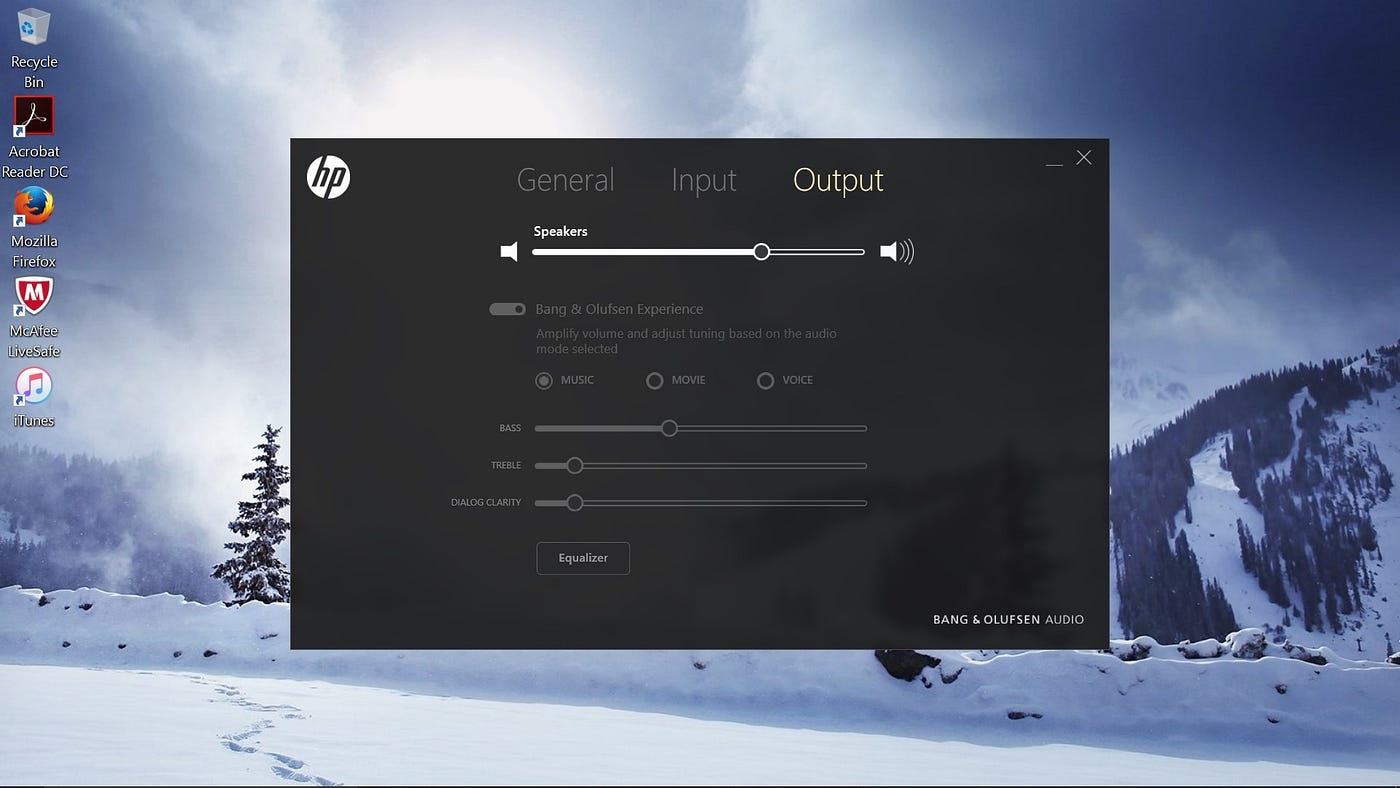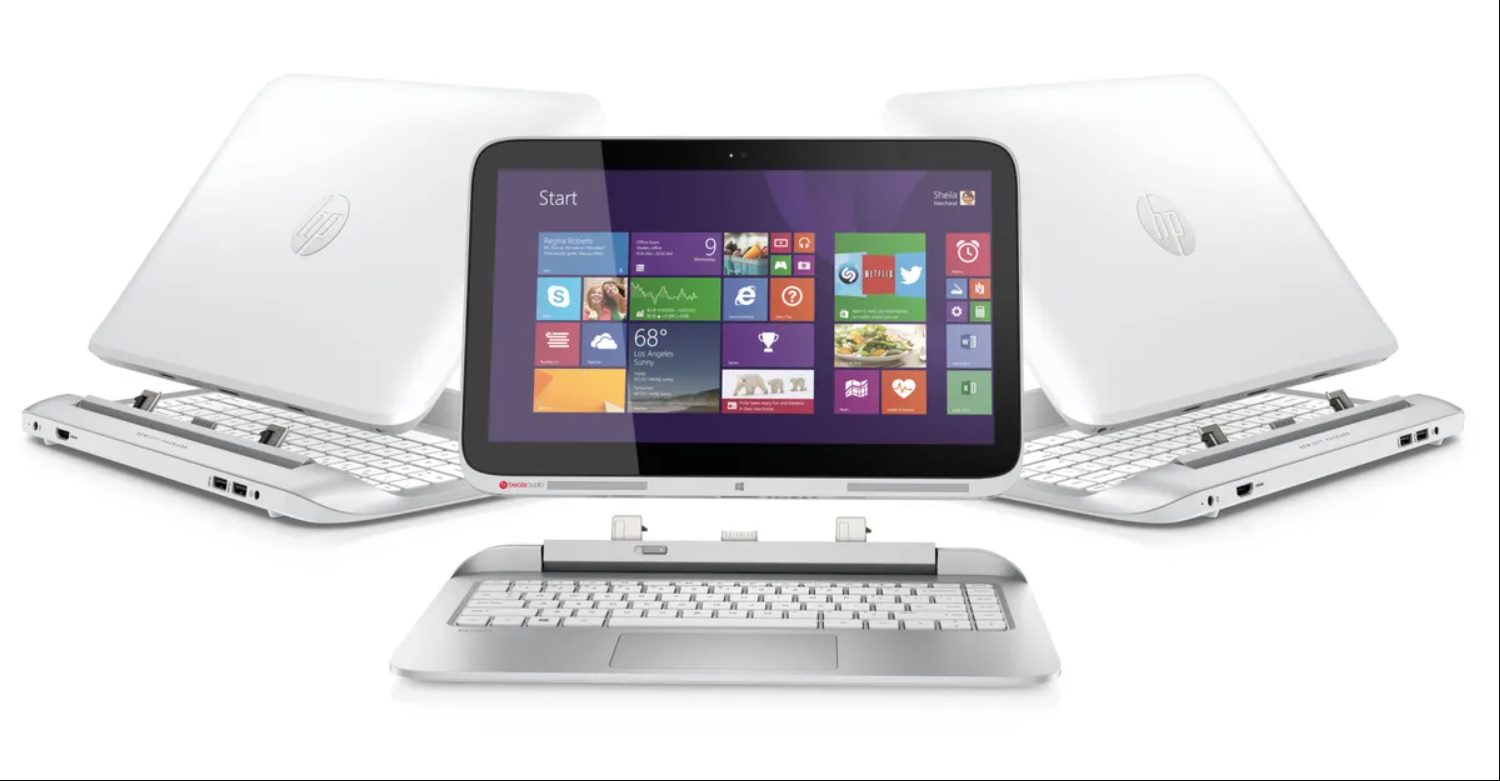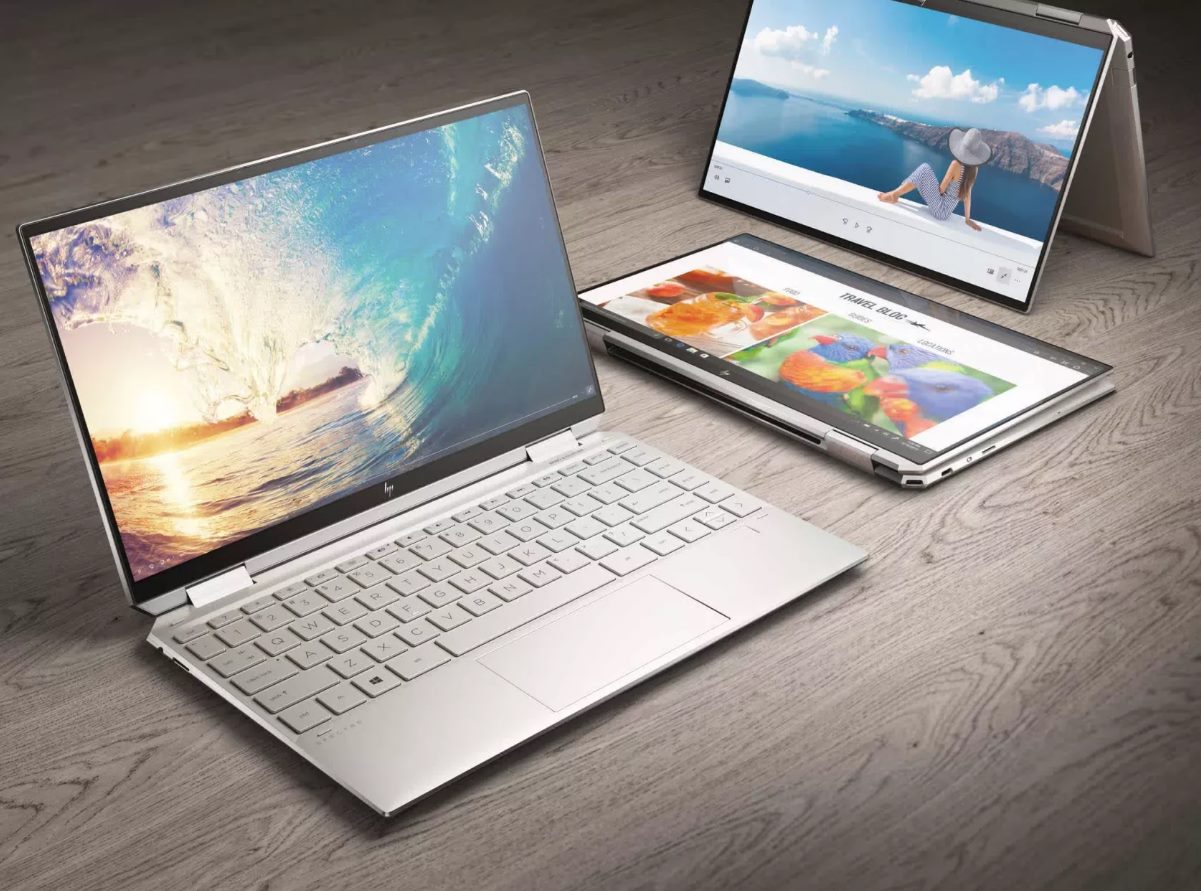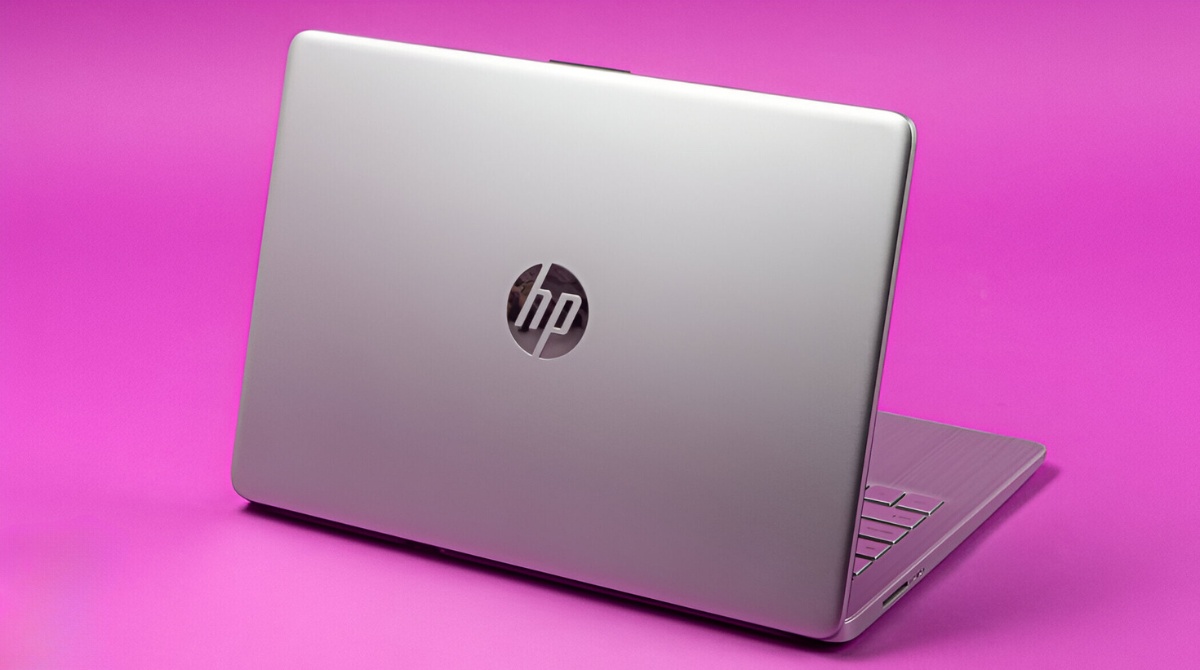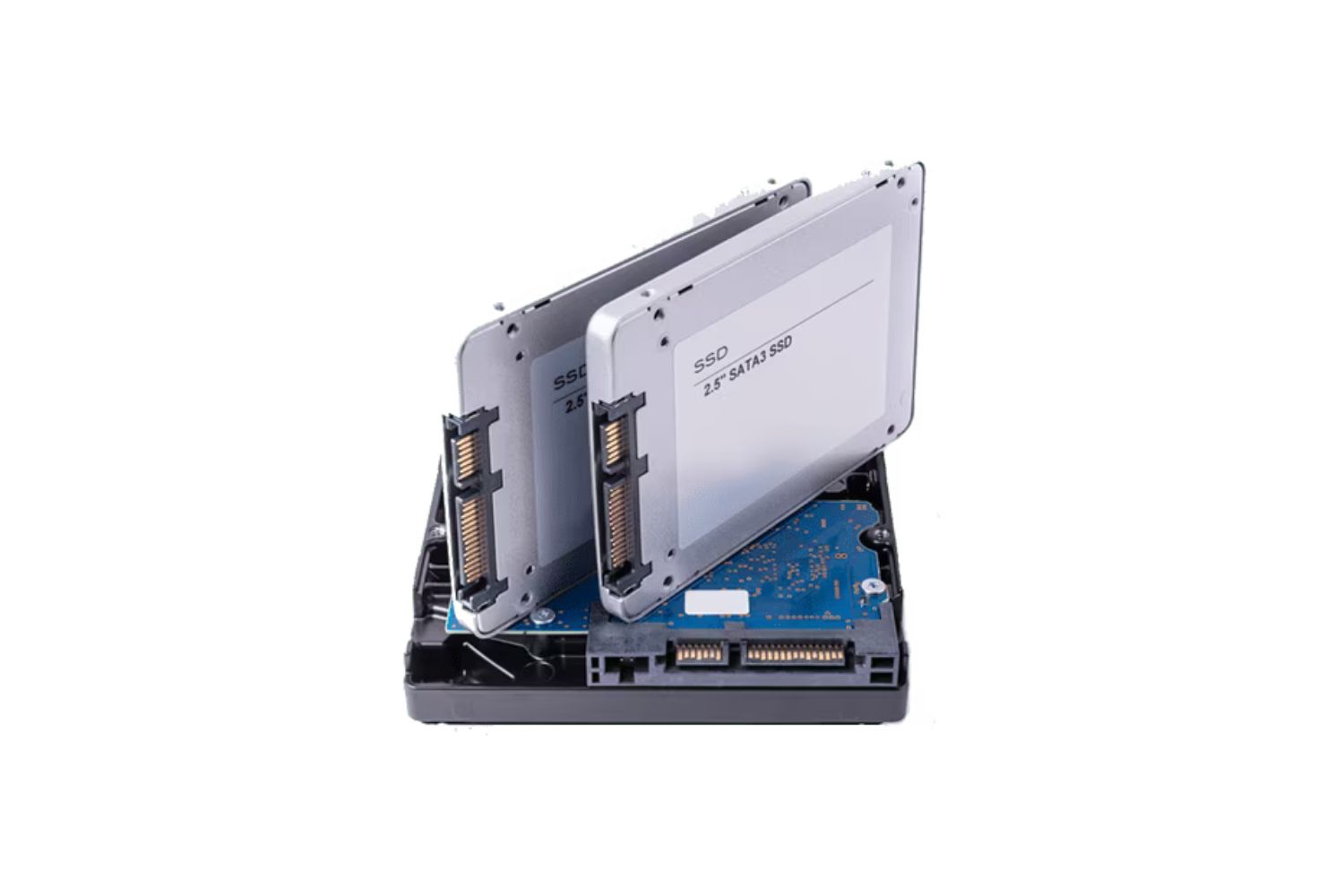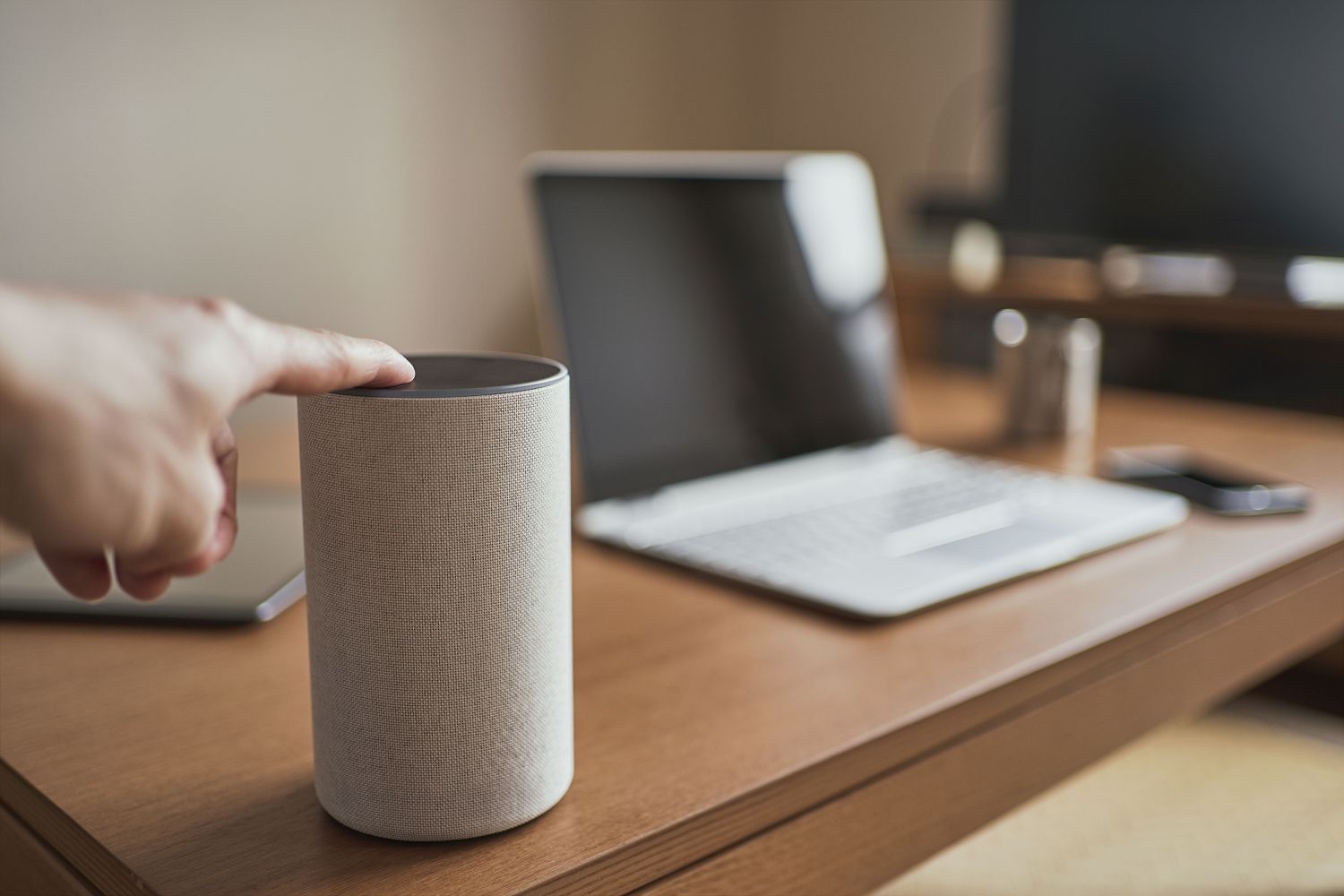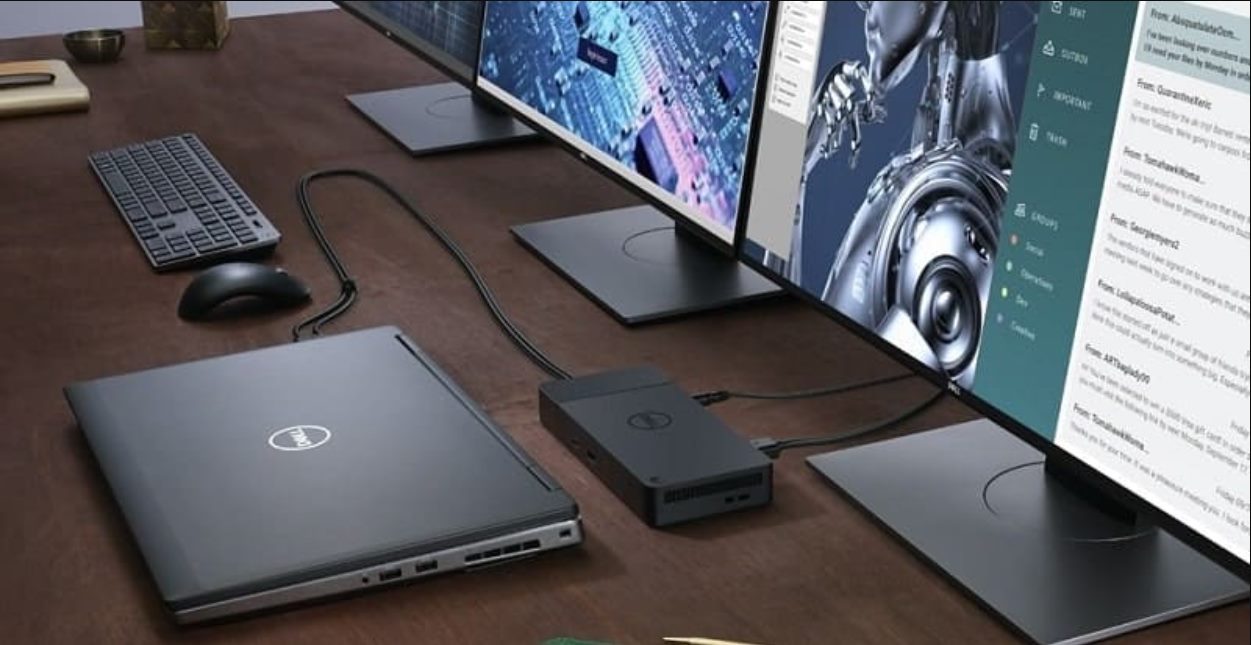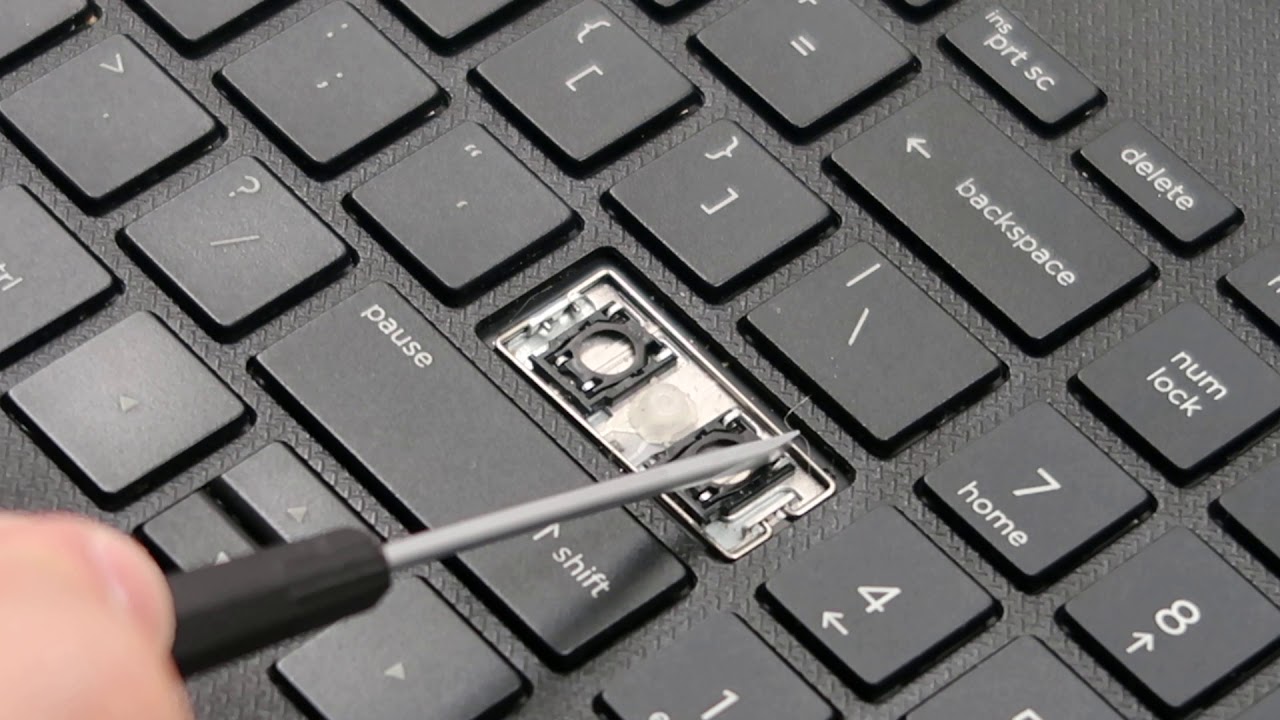Introduction
Welcome to our guide on how to boost volume on your HP Ultrabook laptop! If you find that the sound on your laptop is not as loud as you would like it to be, there are several steps you can take to increase the volume and enhance your audio experience.
Having a laptop with optimal volume levels is important, especially when you use it for multimedia purposes such as watching movies, listening to music, or conducting video calls. Luckily, there are various methods to boost the volume on your HP Ultrabook laptop, ranging from adjusting settings to using external devices or software enhancements.
In this article, we will walk you through each step to help you achieve the desired volume level on your HP Ultrabook laptop. But before we dive into the solution, let’s first understand the importance of checking your volume settings and keeping your audio drivers up to date.
By following the steps outlined in this guide, you’ll regain control over the volume on your HP Ultrabook laptop and enjoy a richer audio experience.
So, without further ado, let’s get started with the first step: checking the volume settings on your HP Ultrabook laptop.
Checking the Volume Settings
The first step in boosting the volume on your HP Ultrabook laptop is to check the volume settings. Sometimes, the volume may be set at a low level, causing the sound to be too soft. To adjust the volume settings, follow these simple steps:
- Locate the volume icon on the taskbar. It is usually represented by a speaker symbol. Right-click on the icon and select “Open Volume Mixer” from the context menu.
- Ensure that the volume sliders for all the applications are set to an appropriate level. Adjust the volume according to your preference by moving the sliders up or down.
- Additionally, check the volume controls on your keyboard. Some laptops have dedicated volume buttons that allow you to increase or decrease the volume. Make sure they are not set too low.
- If you are using external speakers or headphones, check their volume control as well. They may have independent volume settings that need to be adjusted.
Once you have checked and adjusted the volume settings, play some audio or video to test if the volume has increased to your satisfaction. If the volume is still not adequate, proceed to the next step.
Now that you have checked and adjusted the volume settings, it’s time to move on to the next step: updating your audio drivers.
Updating Audio Drivers
Outdated or incompatible audio drivers can often cause issues with the volume on your HP Ultrabook laptop. To ensure that your audio drivers are up to date, follow these steps:
- Open the “Device Manager” by right-clicking on the Windows Start menu and selecting “Device Manager” from the list.
- Expand the “Sound, video, and game controllers” category.
- Right-click on your audio device and select “Update driver” from the context menu.
- Choose the option to search automatically for updated driver software. Windows will then search for the latest driver updates for your audio device and install them if available.
- If Windows cannot find any updated drivers, you can visit the HP website or the website of the audio device manufacturer to manually download and install the latest drivers.
- After updating the drivers, restart your laptop for the changes to take effect.
Once your audio drivers are updated, test the volume again to see if it has improved. If not, don’t worry, there are still more steps you can take to boost the volume on your HP Ultrabook laptop.
Now that you have updated your audio drivers, let’s move on to the next step: adjusting the volume mixer.
Adjusting the Volume Mixer
If the previous steps haven’t yielded the desired results, adjusting the volume mixer can help you boost the volume on your HP Ultrabook laptop. The volume mixer allows you to control the volume levels of individual applications and system sounds. Here’s how you can adjust the volume mixer:
- Right-click on the volume icon located on the taskbar and select “Open Volume Mixer” from the menu.
- Inside the volume mixer, you’ll see sliders for each application and system sound. Adjust the sliders according to your preference.
- Ensure that the volume of the application you are using is set to an appropriate level. Sometimes, specific applications may have their volumes set too low, even if the overall system volume is high.
- If certain applications are not appearing in the volume mixer, make sure they are running and producing sound. Some applications may not appear until they are actively playing audio or video.
- Once you have adjusted the volume levels in the mixer, test the audio to see if the volume has increased to your satisfaction.
If adjusting the volume mixer still does not provide the desired volume level, there are additional methods you can try to enhance and boost the audio on your HP Ultrabook laptop.
Now that you have adjusted the volume mixer, let’s explore the next step: using audio enhancement software.
Using Audio Enhancement Software
If the previous steps haven’t been effective in boosting the volume on your HP Ultrabook laptop, you can consider using audio enhancement software to further enhance your audio experience. Audio enhancement software provides additional features and settings to improve the sound quality and volume levels. Here’s how you can make use of such software:
- Research and download a reputable audio enhancement software from a trusted source. There are both free and paid options available.
- Install the software on your HP Ultrabook laptop by following the provided instructions.
- Once installed, open the audio enhancement software and explore the various settings and features it offers.
- Look for options related to boosting volume, such as equalizers and amplification.
- Adjust the settings according to your preference, keeping in mind that increasing volume too much can lead to distortion.
- Test the audio after making the adjustments to see if the volume has improved. Tweak the settings as needed until you achieve the desired results.
Using audio enhancement software can provide an extra boost to the volume on your HP Ultrabook laptop. It allows you to fine-tune the sound settings and tailor them to your liking.
If the volume is still not satisfactory, don’t worry. There are other options available, such as using external speakers or headphones, or checking for any hardware-related issues.
Now that you’ve explored the option of using audio enhancement software, let’s move on to the next step: using external speakers or headphones.
Using External Speakers or Headphones
If the built-in speakers on your HP Ultrabook laptop are not providing the desired volume, using external speakers or headphones can be a great solution. External audio devices are often designed to deliver higher quality sound and can significantly enhance the volume levels. Here’s how you can make use of external speakers or headphones:
- Connect your external speakers or headphones to the appropriate audio port on your HP Ultrabook laptop. This is usually the headphone jack or a USB port.
- Ensure that the volume controls on your external speakers or headphones are set to an appropriate level.
- Play some audio or video to test the volume. Adjust the volume on your external audio device to achieve the desired level.
- If using headphones, make sure they are properly positioned over your ears for the best sound quality.
- Experiment with different audio settings on your laptop and/or external audio device to further enhance the sound quality and volume.
Using external speakers or headphones can often provide a significant boost to the volume of your HP Ultrabook laptop. It allows you to enjoy your multimedia content with richer and louder sound.
If the volume is still not satisfactory, it may be worth checking for any hardware-related issues that could be affecting the audio performance.
Now that you’ve explored the option of using external speakers or headphones, let’s move on to the next step: checking for hardware issues.
Checking for Hardware Issues
If you’ve tried the previous methods and are still experiencing low volume on your HP Ultrabook laptop, it’s important to check for any hardware issues that may be causing the problem. Here are some steps you can take to identify and resolve hardware-related issues:
- Inspect the audio ports on your laptop to ensure there are no physical obstructions or debris that could be affecting the audio output. Use a soft brush or compressed air to clean out any dust or dirt.
- Disconnect and reconnect any external audio devices you may have connected to your laptop. Sometimes, loose connections can result in low volume or distorted sound.
- If you have access to another pair of speakers or headphones, try connecting them to your laptop. This will help determine if the issue lies with the speakers or headphones themselves.
- Access the BIOS or UEFI settings of your HP Ultrabook laptop and check if there are any audio-related settings that may be affecting the volume. Resetting the BIOS settings to default can sometimes resolve hardware-related audio issues.
- If none of the above steps resolve the issue, it may be necessary to contact HP Support or visit an authorized service center to have your laptop examined by a professional.
Checking for hardware issues is crucial in ensuring that your HP Ultrabook laptop is functioning properly. By identifying and addressing any hardware-related problems, you can potentially resolve the low volume issue and enjoy optimal audio performance.
Now that you have explored the various steps to check for hardware issues, let’s conclude our guide.
Conclusion
Boosting the volume on your HP Ultrabook laptop can greatly enhance your audio experience and allow you to enjoy your favorite movies, music, and videos without straining to hear. By following the steps outlined in this guide, you can troubleshoot and address low volume issues effectively.
We began by checking the volume settings on your laptop and ensuring that they are properly configured. Then, we explored the importance of updating your audio drivers to ensure compatibility and optimal performance. Adjusting the volume mixer and making use of audio enhancement software can further refine the volume levels according to your preferences.
If these steps don’t yield the desired results, using external speakers or headphones can provide a significant boost in volume. Additionally, checking for any hardware issues can help identify and resolve any underlying problems affecting the audio output.
If you have exhausted all these options and are still experiencing low volume on your HP Ultrabook laptop, it may be necessary to seek professional assistance from HP Support or an authorized service center.
We hope that this guide has been helpful in addressing the volume issues on your HP Ultrabook laptop. By implementing the recommended steps, you can enjoy a richer and more immersive audio experience on your device.
Remember to regularly check and update your audio settings and drivers to keep your laptop’s audio performance at its best. Happy listening!







